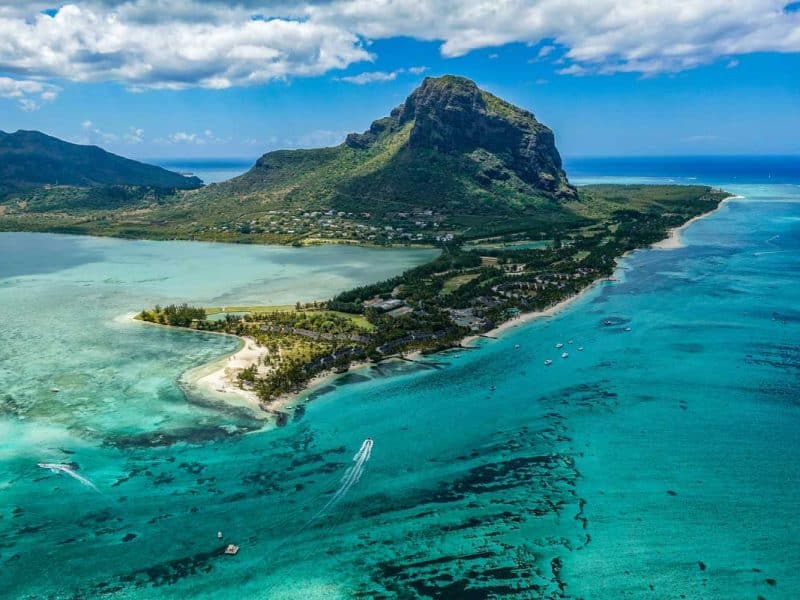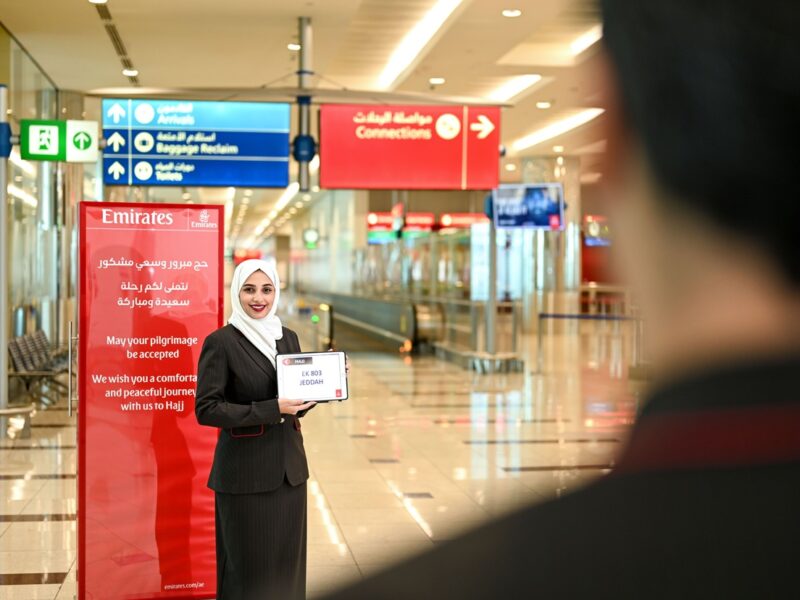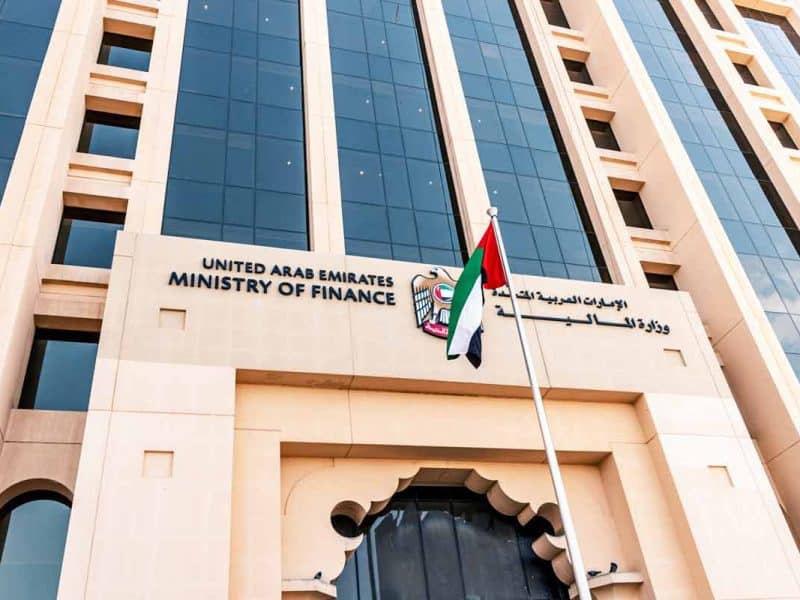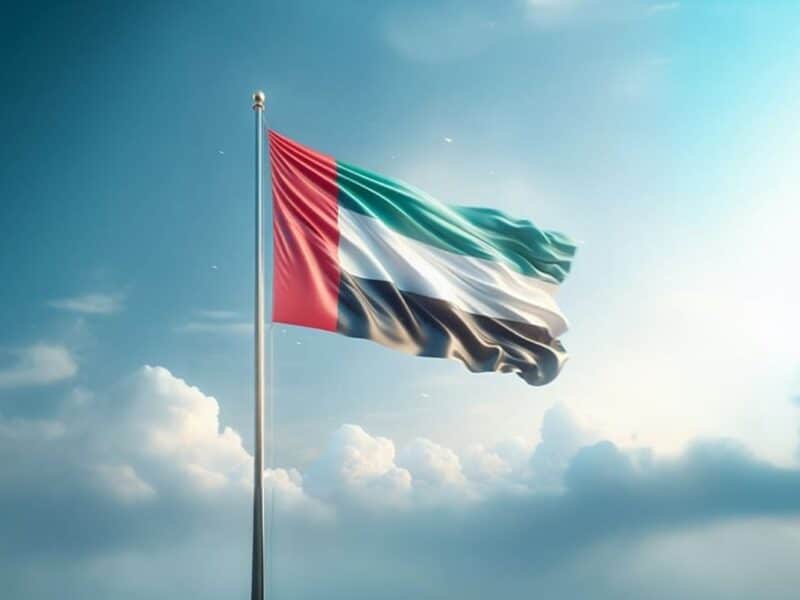Eight young boys in national dress wielding traditional bent swords or bow and arrows saunter around in a circle, swiping at each other with grins on their faces. They glide in and out of the ring in a rhythm familiar to most Qataris and enchanting to others.
When the traditional dance is complete, the boys step aside and a loud smack on a gold symbol turns the attention to two dragons that suddenly pop up to life. The elongated puppets move nimbly, flexing to the sound of multiple musical instruments in a colourful spectre.
The contrasting performances symbolise the coming together of both the Asian and Qatari heritages in the opening of the first Shangri-La hotel in Qatar.
The occasion is sufficiently special to draw the Hong Kong-based hotel group’s global CEO, Greg Dogan. Having worked in the region at various times over more than two decades, he has kept a close eye on its evolution.
“We see Doha growing very, very quickly… it’s become a world player,” he tells Arabian Business the morning after the hotel’s celebratory launch.
“I’ve been coming here for the last eight years; the city has grown up enormously. The fact that the World Cup will be here in 2022, to me, is an endorsement that the city is on the right path and will be the future for [Qatar] and the Middle East.”
It has taken Dogan all of those eight years to open the gold-plated front doors to the first Shangri-La hotel in Doha. Having found the ideal location in the heart of the city centre, Shangri-La secured a partnership with Sheikh Faisal Bin Qassim Al Thani, a member of the royal family with a reported fortune of more than $2bn and one of the largest collectors of artefacts in the region.
The Gulf is one of Shangri-La’s most important markets currently, with existing and prospective properties across Saudi Arabia, the UAE, Qatar and Oman, where it has the extremely popular Shangri-La Barr Al Jissah Resort and Spa.
“Definitely the five cities — Jeddah, Riyadh, Abu Dhabi, Dubai and Doha — are really pivotal right now,” Dogan says from the hotel’s Horizon Club lounge, with Doha’s morning city skyline unfolding behind him.
The group is scheduled to open its first hotel in Saudi Arabia is 2018, after signing a management contract with Assila Investments for a 236-room hotel and serviced residences development in Jeddah, Saudi Arabia, with more properties expected to be in the pipeline.
“Saudi is very important for the hotel industry. Outbound, it’s a bigger population than most of the Gulf region and I see that as a great feeder market for our Malaysian properties and the Philippines properties, and also going into Hong Kong, so it is very important,” he says.
Dogan is also scouting for the ideal resort location in Dubai and is in discussions to open the Gulf’s first four-star Hotel Jen, the youngest of Shangri-La Group’s five brands. Two sites have been identified in Dubai, one existing and one a greenfield.
He also has investigated Ras Al Khaimah in the UAE’s north, but is so far not convinced it is appropriate for Shangri-La.
“I’ve travelled to Ras Al Khaimah a couple of times; we will look at any part of this region, but it has to be a win-win situation,” Dogan says.
“We’re always looking for new opportunities. There are discussions going on within the group and with certain developers within the Middle East, particularly in Dubai with [World Expo] 2020 coming up.
“We definitely see resort opportunities; we’d love to see one in Dubai, we just haven’t been lucky enough to identify a site and location. I’ve been in discussions for two sites on The Palm, which unfortunately didn’t come through, but given the right opportunity, we will definitely look at it.”
Dogan is reluctant to detail why the The Palm discussions did not eventuate. “It was a number of factors… it wasn’t just one thing. It has to be a lot of ingredients that come together very quickly and in the correct order, and it just didn’t work out.”
The continuing expansion of Dubai — both infill and spreading through the desert east and south — means Dogan has more location opportunities to consider. The man-made canal that will flow through the centre of the emirate from east to the ocean has opened up kilometres of potential new waterfront property, while the 6 square kilometre revamp of Dubai Creek has attracted immense attention from developers.
At the end of the day, Dogan says that as a hotel operator (it also owns some of its managed properties outside the Gulf), Shangri-La regards relationships with the building owner as crucial to success as the location.
“What is also very important for us is that we try to make sure that we go into partnership with partners that are long lasting and it’s not developers that want to turn the asset around and dispose of it, so the relationship is an important one,” he says.
Although his next venture in the UAE is likely to be in the mid-market, Dogan does not believe the country is over-saturated with luxury hotels.
“I’ve been going to Dubai for the last 20 years, I used to work in Dubai, and everybody’s been saying that for the last 25 years,” he says, almost exacerbated by the point. “The fact that Dubai Airport now is probably the largest airport in the world and they’ve got the second one opening up very soon [means Dubai] will grow until they run out of space; that’s how I see Dubai going. I don’t see it saturated, no.”
Yet, he does recognise that hotel developers are swivelling towards the mid-market.
“If you look at the rates throughout the city, particularly the Deira, Bur Dubai area, the resorts [along Jumeirah], The Palm, you can see that the rates are very high at the five-star level and those rates and occupancies have been very healthy in Dubai,” he says.
“There’s [now] an opportunity for a segment below. To me, it’s obvious, and if you look at some of the other [mid-market] brands that are in there, they’re running at 90-95 percent occupancies all-year round, so there’s definitely potential.
“The mid-market [customer] has become more affluent and travel has become a lot easier and more cost effective for everybody, so [to meet] the potential for people to stay in these places, you need to have a range of hotels to cater to that need.”
Hotels globally also are gradually placing greater emphasis on their “lifestyle” offering, Dogan says. With more than 90 hotels across Asia Pacific (in which Shangri-La is the largest luxury hotel operator), North America, the Middle East and Europe under his watch, the CEO says much more than accommodation is offered these days. A variety of children’s activities — “adventure zones” — that allow parents to have time to themselves or to go to the gym, an array of restaurants at various price points and even shopping malls within the hotel are increasingly being provided.
“I feel hotels will become a lot more about lifestyle. Now all our hotels we try to make as part of the community and the environment that we operate in,” he says, adding that Shangri-La is renown for blending its Asian heritage with the local culture at each of its hotels.
“[Hotels] are becoming a major destination … where a family can go and have an array of opportunity and services and spend money in [one] place.”
Food and beverage options are particularly important to Shangri-La’s revenues, with the majority of customers, especially in the Middle East, coming from outside the hotel.
“For Shangri-La, it’s definitely something we’ve intentionally gone out to market to make sure we’re part of that community, giving no barriers in allowing everybody from family and businessmen to go to the hotel,” Dogan says.
Hotels are also, of course, becoming increasingly digitalised. Whether via third party booking websites, so-called disruptor online accommodation booking sites, such as Airbnb.com, or each hotel’s smart systems, the internet is penetrating the industry globally.
Dogan says Shangri-La has created entire new teams to adapt to the 21st century change.
“We as a company are investing very heavily in this area because we do see this is the future in a major way. We’re looking at the websites, we’re looking at how to [utilise] smartphone technology [and] we’ve brought in specialists in the field to teach us what are the best ways to go, what is the future,” he says.
“I think it’s affecting the world; the world is moving quicker and quicker in this direction because it’s literally in your hand where you can book immediately at a location, and that’s changing very, very quickly. You can literally arrive at an airport, search six or seven hotels within the city and book immediately.”
However, Dogan says while it is difficult to measure or quantify the impact on sites such as Airbnb.com, he does not believe they have affected the Shangri-La Group.
“Where we operate our hotels, throughout the world, we don’t see that affect; I’m not sure what it’s like in the Americas and in the western world. The hotels that we have in Europe and those regions are very small so there hasn’t been an impact,” he says.
“At the end of the day, guests will always want security and something they feel comfortable with. When you go into [an] Airbnb [property], you go into an unknown scenario where there literally isn’t a fall back on anybody. It is a different model, and it’s good for some people, but at the end of the day the reliability of having an established brand, management team, security and guaranteed services are very important and that’s what people look for when they come to hotels.”
Similarly, he dismisses any impact from third-party booking sites.
“It hasn’t affected us in anyway because that model has always been there with traditional travel agents of the past, so it’s just changed from one form to another form. The segments have not changed — the speed has changed and the booking pace is a lot shorter,” he says.
Such sites typically also provide a platform for guests to review a hotel, a potentially risky scenario for some hoteliers but one that Dogan embraces.
“We’ve embraced it because it is important for guests and transparency to make sure that we do our best. I think it’s helped the industry because the hotels have become much more focussed on making sure that they give good service, so I think in general it’s been a good thing throughout,” he says.
Shangri-La has sought feedback that it has implemented its own initiative called “Your Service”, which allows guests to provide direct comments — complaints or praise — at various points in the hotel, including rooms and restaurants. The instantaneous feedback allows staff to immediately address any problems — and potentially prevent the grievance from reaching the public realm online. A quick scan of popular hotel review websites, however, shows that guests are still inclined to pass on their opinions – positive or negative – to potential travellers.
Reading the reviews, one cannot help but notice the repetition of praise for the Shangri-La Hotel Doha staff. The response works well with the group’s new brand campaign, “It’s in our nature”.
“To me that epitomises who we are as a brand and what Shangri-La is all about: treating a stranger as well-known,” Dogan says.
Such hospitality is likely to fit in well in the Gulf.









